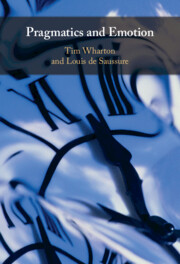Folk psychology, the naive understanding of mental state concepts, requires a model of how people ascribe mental states to themselves. Competent speakers associate a distinctive memory representation (a category representation, CR) with each mentalistic word in their lexicon. A decision to ascribe such a word to oneself depends on matching to the CR an instance representation (IR) of one's current state. As in visual object recognition, evidence about a CR's content includes the IRs that are or are not available to trigger a match. This poses serious problems for functionalism, the theory-of-mind approach to the meaning of mental terms. A simple functionalist model is inadequate because (1) the relational and subjunctive (what would have happened) information it requires concerning target states is not generally available and (2) it could lead to combinatorial explosion. A modified functionalist model can appeal to qualitative (phenomenological) properties, but the earlier problems still reappear. Qualitative properties are important for sensations, propositional attitudes, and their contents, providing a model that need not refer to functional (causal-relational) properties at all. The introspectionist character of the proposed model does not imply that ascribing mental states to oneself is infallible or complete; nor is the model refuted by empirical research on introspective reports. Empirical research on “theory of mind” does not support any strict version of functionalism but only an understanding of mentalistic words that may depend on phenomenological or experiential qualities.


